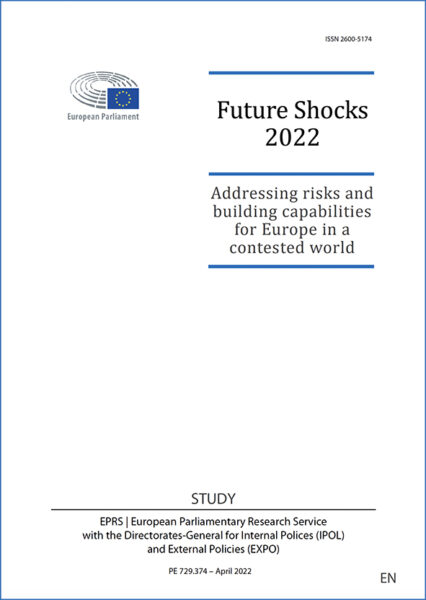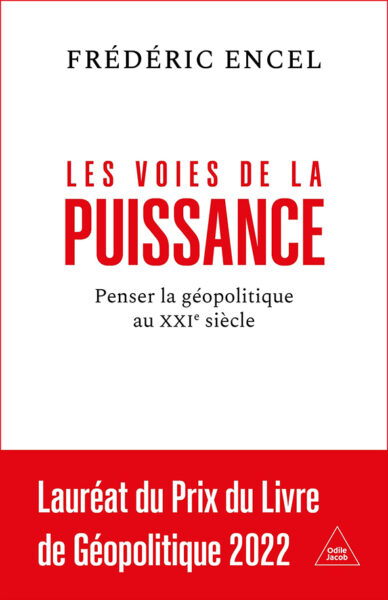The disintegration of the Balkans is occurring just at the time when Western Europe, by contrast, is trying to form a union. This is reviving an old debate on the European continent for which, split as we are between respect for borders and recognition of nations, no satisfactory solution has yet been found. Certainly no answer is forthcoming for the Balkans, where the artificially created federal states did not survive the wish of the inhabitants to determine their own destiny, even if the price was bloody conflicts.
What solution can be proposed now to the problem of Kosovo, in order that its example should not spread, nor lead to the formation of many small, independent states, nor – conversely – equally artificial regional groupings, which will soon fall prey to the same tensions?
Elvire Letourneur-Fabry, went to interview Pierre Hassner about the possible ways of resolving the conflict and, more generally, about the rules of arbitration that might be adopted to deal with the problem of minorities. The celebrated professor of political science warns us against overly dogmatic notions that would encourage a systematic preference for national or supranational solutions.
As he analyses the situation in the Balkans, Pierre Hassner argues for a policy that would, if nothing else, prevent the conflicts from proliferating. More generally, he stresses the fragility of the compromises in Europe, and the difficulty that the European Union will have if it is to create for itself a genuine foreign policy and a common defence policy capable of imposing peace on its immediate neighbours.
Décomposition, recomposition europénnes. Leçons du Kosovo
Cet article fait partie de la revue Futuribles n° 251, mars 2000



